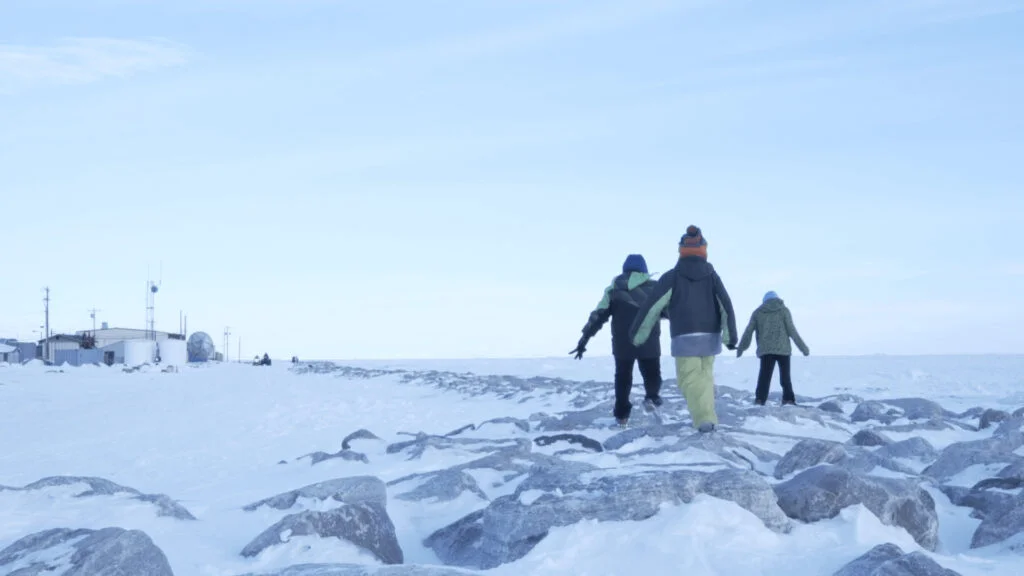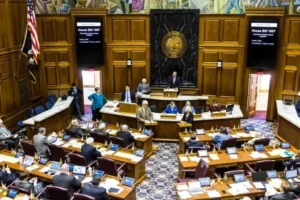Alaska’s refugee resettlement program is facing uncertainty. Nonprofit organizations, including the Alaska ACLU and Catholic Social Services, are concerned. They say changes to refugee resettlement policies are confusing.
Mara Kimmel, Executive Director of ACLU Alaska, says understanding who is in the state and their contributions is crucial. “We want to provide a clear picture of immigration in Alaska,” Kimmel says. The Alaska ACLU is working to educate lawmakers and the public about the importance of refugee resettlement.
President Donald Trump’s executive orders restricting immigration have led to uncertainty. Issa Spatrisano, State Refugee Coordinator with Catholic Social Services, explains that refugees do not choose to leave their home countries. “They are forced to flee due to circumstances beyond their control,” Spatrisano says. Spatrisano emphasizes the importance of providing support to refugees who have already settled in Alaska.
Tetyana Robbins, Executive Director of Project Alaska, presented an overview of her organization’s work with refugees in Ukraine. Ukrainian refugees holding temporary protected status or humanitarian parole face uncertainty when renewing their status. Robbins says that many refugees are worried about their future in Alaska.
The Alaska House Judiciary Committee is seeking clarity on refugee resettlement policies. Representative Andrew Gray asked, “What happens to refugees when their status is revoked?” Spatrisano replied, “They become undocumented.” The committee is working to understand the impact of policy changes on refugees in Alaska.
Refugee Resettlement Uncertainty is a pressing issue. Nonprofit organizations are working to provide clarity and support to those impacted. By understanding the challenges faced by refugees, Alaskans can work together to create a welcoming community for all.
News Story originally published by Alaska’ s News Source.











